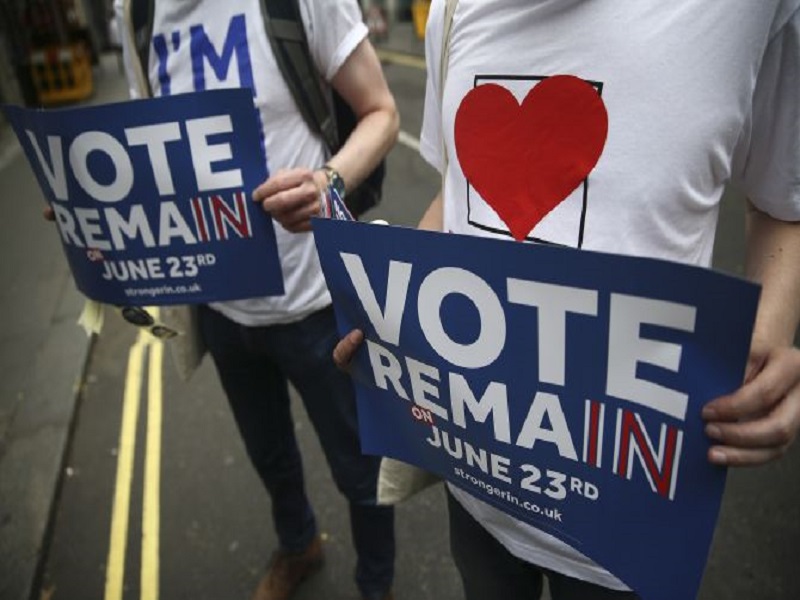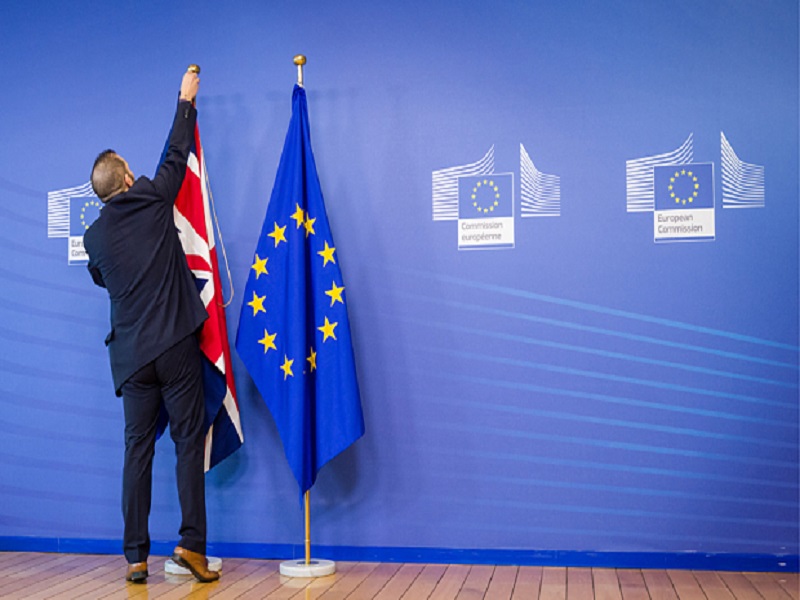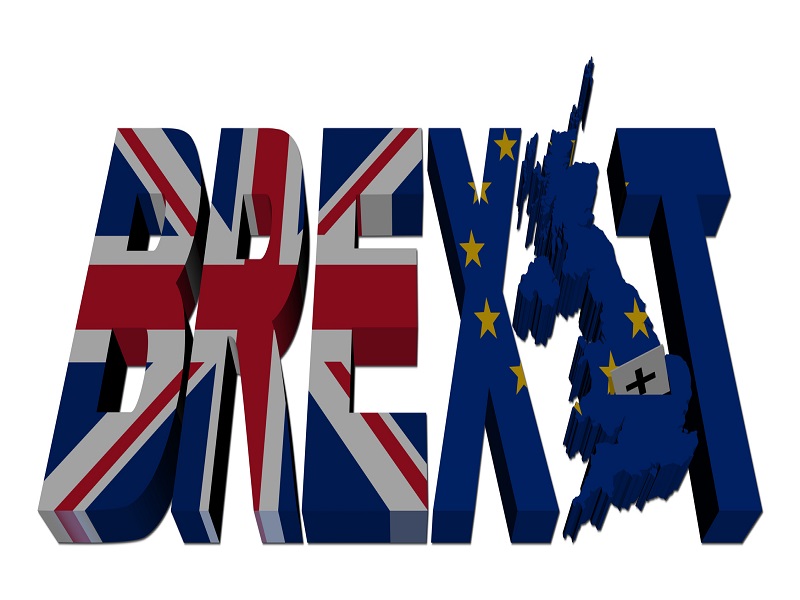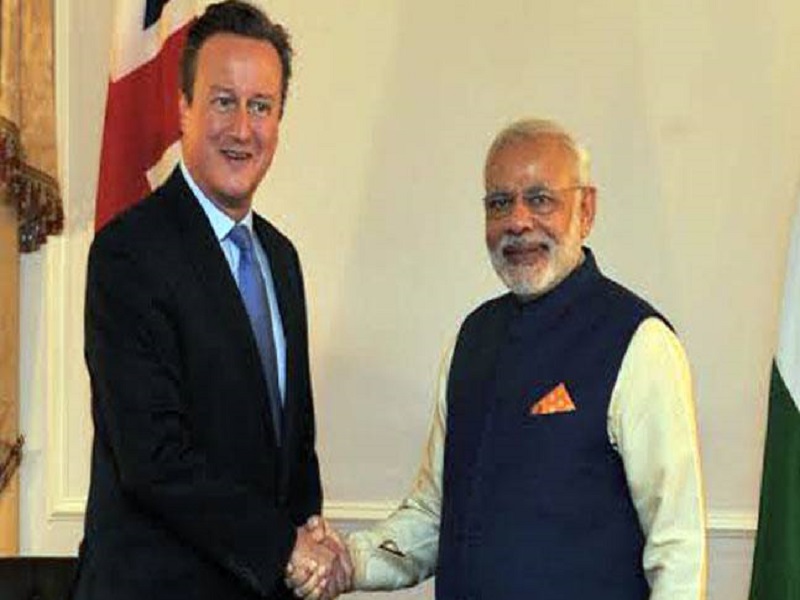What is ‘Brexit’?
Brexit is an abbreviation of Britain Exit and is also synonymous with ‘Grexit’. It refers to the exit of Britain from the European Union following a referendum held on Thursday, 23rd of June 2016. Britain decided to leave the European Union with the Leave Campaign securing 51.8% vote. While England voted in favor of the Brexit, Scotland and Northern Ireland backed Remain. London backed Remain but voter turnout was lower than expected due to bad weather.

Why Brexit?
The most common argument among the intellectuals of Britain, supported by Conservative politicians such as former London mayor Boris Johnson and Michael Gove, was that the EU threatened British sovereignty. Over the last few decades, the EU treaties had generally resulted in shift of power from member states to central EU bureaucracy in Brussels. On certain critical issues such as competition policy, agriculture, copyright and patent, the EU rules overrode national laws.
A section of intellectuals also believed that the EU was more pro-corporate and prevented any radical reforms. The United Kingdom had significant number of euro skeptics ever since it joined the European Union in 1973. Though Britain had decided against a common currency, there was always a danger of Euro directly entering and cratering the British Economy. Further the EU laws allowed the citizens of any EU country to travel live and seek jobs in other EU countries. And because of it, the Britishers have gradually felt the impact as people from Eurozone countries have regularly flocked to the UK in search of job. This has effected UK’s economic and social equilibrium. Apart from all this, Britain had to make an annual contribution to the central EU budget which was worth £13 billion ($19 billion).

Impact of Brexit:
On Britain
- Brexit is most likely to put a check on immigration. The migration from EU is currently boosting the workforce and has helped the economy to grow without pushing up wage growth and hence inflation. Any check on this might prove to be a potential headache for low wage sectors such as agriculture.
- Around 63% of Britain’s goods exports are linked to European Union membership. In worst case scenario, the British exports could face tariffs which would definitely be an inconvenience if not a trade barrier. In this case the production sector faces more uncertain outcomes than the service sector. Though it may not have that much of an impact on FDI in Britain.
- Critics of the Brexit say that it may well be the beginning of the end of the United Kingdom as it may trigger its breakup. A significant percentage of scots have never been too satisfied with the English domination, which is evident from the fact that 44% of Scottish people voted to make Scotland an independent nation in 2014. They wanted UK to be a part of the EU as it provides a counterweight to English power within UK.
-
On issues like immigration policy, freedom to make trade deals, moderately lower level of regulation and savings to the public purse, the impact of Brexit may be positive although the benefits may not be huge.
 Image Source
Image Source
On European Union
- EU stops getting the annual contributions worth £13 billion from Britain for its annual budget but will save on what Britain gets back from it.
- EU has been deprived of its second biggest economy and one of its two main military powers.
- Euro has fallen a great deal following the referendum which led to Brexit.
- Germany, Belgium and Sweden are likely to face maximum impact while France and Poland may suffer comparatively moderate impacts.

On India
- The future of various Indian citizens and firms currently using their EU right to live, trade and work on either side of UK-EU frontier is uncertain.
- Companies which have taken loans in British currency will get a bonanza as British Pound fell by almost 10%.
- India invests more in UK than rest of Europe combined, emerging as UK’s third largest FDI investor. Access to European markets is therefore a key driver to Indian companies coming to UK.
Though there doesn’t seem to be any immediate impact of the Brexit, we can only speculate about its long-term impact. The real impacts can only be felt with time. Britain has decided to exit the European Union and we can only hope that it turns out to be a good decision for humanity at large.
















Another feather in authors cap. Good work. Brexit and India’s bid to NSG were the two important issues which we came across in last two days. I would love to see authors take on Indias inability to climb the Great China Wall and also whats the main motive of China in doing so? That will be an interesting piece. Looking forward to it. Again well written and it was very precise yet in depth evaluation of the situation
#Highly appreciable, nice way of depicting whole scenerio connecting politcs vs economy vs referrendum vs Impact on whole world….I would love to read author’s next edition based on NSG ,MTCR,with westinghouse business deal,and to overcome xi jingping wall.